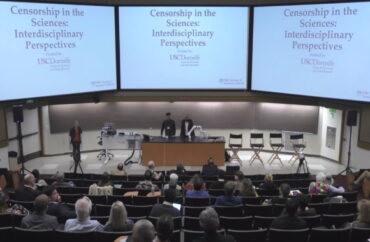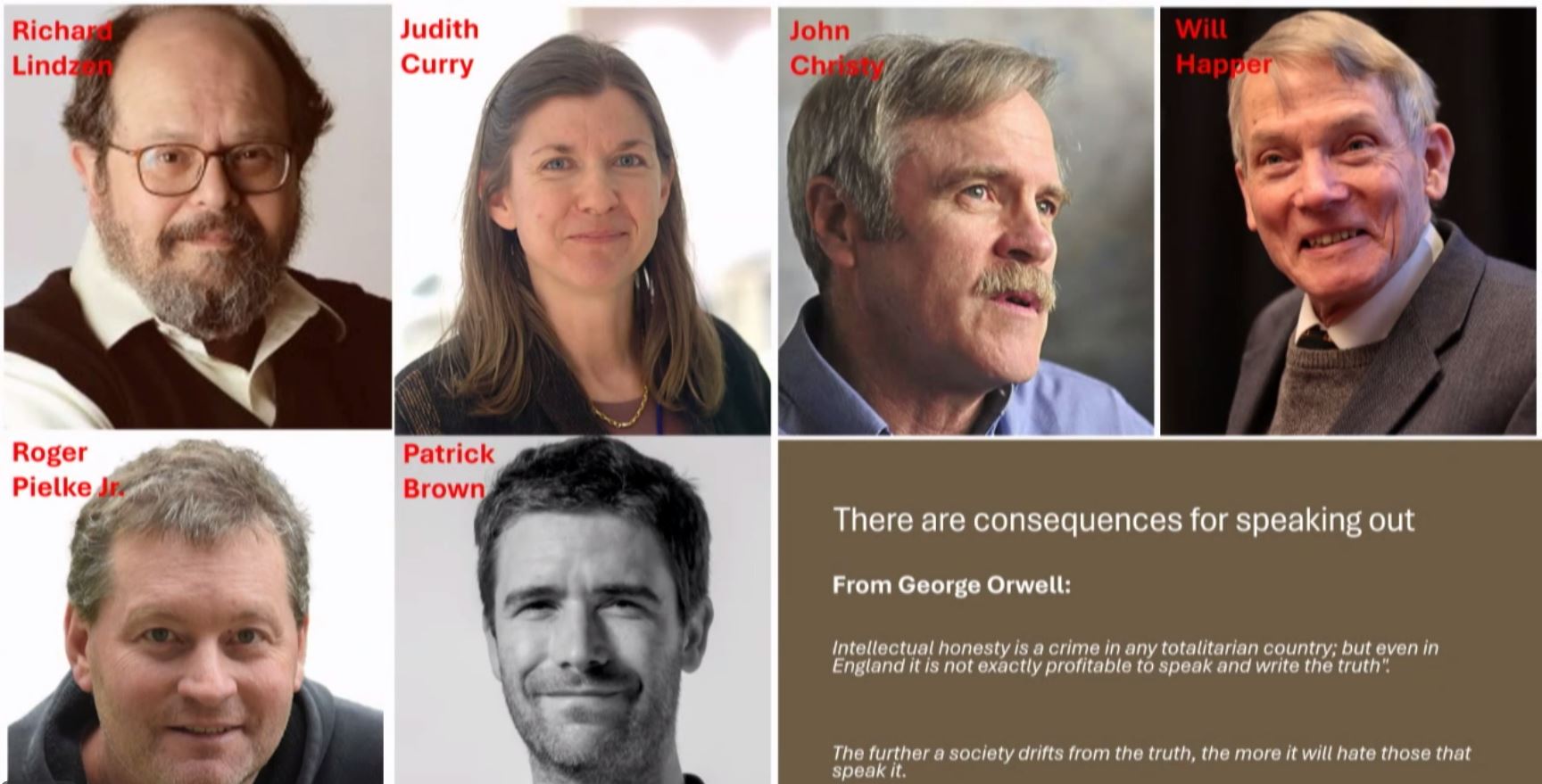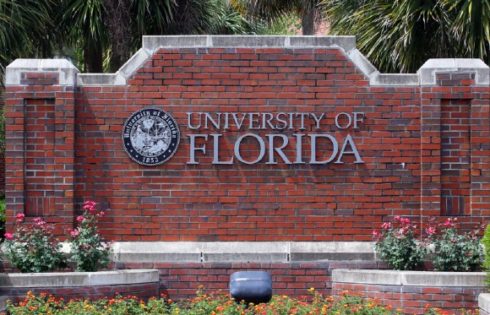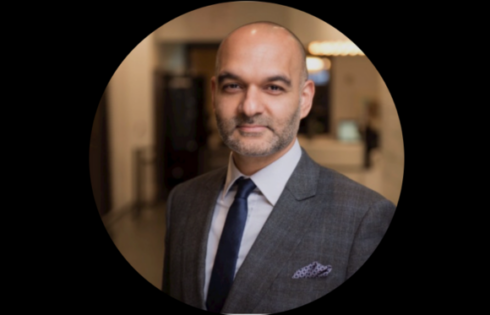
‘Let’s not take a burn it down approach’
More than 150 scholars converged in person and online Friday to tackle one of the biggest problems facing higher education today — how to fix a censorious academia that prioritizes group-think and diversity dogma over free speech, freedom of inquiry and intellectual diversity.
A common theme among some speakers on Day One of the three-day conference, which continues today and Sunday and can be viewed on Zoom — is that it’s not enough to complain about the problem, it’s time for scholars to fight back on their own campuses.
“You have to counter-organize … it’s group against group,” said scholar Jonathan Rauch in his talk titled “The War on Truth—And How to Win It.”
“Sit down with peers on your campus and come up with three ideas to turn the tide at your institution,” he said.
Stony Brook University communications Professor Musa al-Gharbi, who specializes in sociology, said that big free speech wins, such as the end of speech codes and the rollback of DEI initiatives, means the stage is set for freedom. But to change the censorious nature of institutions, “you have to change the culture,” he said.
It’s not young keyboard warriors who have the power, he said.
“Who is doing the censorious dynamics within campuses? … The call is almost always coming from inside the house,” he said, referring to faculty and administrators.
The “Censorship in the Sciences: Interdisciplinary Perspectives,” held at the University of Southern California and cosponsored by the American Academy of Sciences and Letters, Heterodox Academy, Institute for Humane Studies, aims to tackle the topic of censorship from a variety of fields.
“By bringing together experts with widely varying perspectives on censorship from within the natural sciences, social sciences, philosophy, humanities, and law we aim to host a civil conversation regarding these different perspectives and sharpen the understanding of what is and is not scientific censorship and when it may and may not be justified,” the conference website states.
The event continued on despite the wildfires that ravaged parts of Los Angeles this week, but many participants chose the Zoom option.
Rauch’s opening speech highlighted surveys which found that almost half of Americans think that colleges have a negative effect on the country.
“It really is a crisis,” he said, adding a combination of factors are to blame, including students’ emotional fragility, the politicization of hiring, tenure and funding based on ideology, and a newer trend of academic journals refusing to publish findings that allegedly harm some communities.
To address the problem, scholars must re-embrace classical liberalism, or systems that are opened-ended, rule-based and pluralistic.
“Let’s not take a burn it down approach,” he said. “We must remember as angry as we might get and as bad as we think the situation might be, we … are here because we love the university, we believe in the university, and we love and believe in science. We are here to make it stronger.”
Some scholars in the audience questioned whether the solution can come from within, and said legislation and trustees have had a big role in beating back DEI. In response, John Tomasi, president of Heterodox Academy, said there is a big debate among free-thinking scholars over to what extend “outside forces” are needed to help.
In the meantime, he said, the academy has put together a policy team to influence legislation focused on higher education to help make such laws “smarter.”
The conference’s first day also delved beyond the ivory tower to issues dealing with academic and scholarly journals, which have refused to publish papers, or pulled others, because they did not align with progressive ideologies.
Rutgers University psychology Professor Lee Jussim said forced retractions without evidence of data errors is “the new book burning in science.”
John Landrum, a retired chemist from Florida International University, spoke of how his efforts to criticize a paper focused on how to “dismantle white supremacy in chemistry,” published in 2023 the Journal of Chemical Education, were rebuffed by editors.
San Jose State University emeritus anthropology Professor Elizabeth Weiss said censorship is hurting publications. She cited how indigenous influences are forcing scientists to use stick figures instead of real ones in their research, as well as exclude images of human remains.
“I have no doubt previously published materials will disappear,” she said. “Once academic freedom is relinquished, the data — images and all — are in activists’ hands. Don’t expect new discoveries.”
As the end of the first day’s panels drew near, one apparent theme emerged: many of the panelists have fled academia by retiring or leaving for think tank jobs. Many others not in attendance have shared the same fate.
Climate scientist Steven Koonin, in his talk, recounted the many professors who have been canceled for “simply displaying data” that disputed catastrophic climate change predictions.

“The bad news is we have seen careers destroyed [and] the erosion of credibility of scientific societies,” he said. “The good news, though, is that the narrative is failing.”
“We have seen countries within the last year retreat from goals to reduce emissions … there is popular pushback that is causing political realignment,” Koonin said. “…People are starting to say, ‘Tell me again why we are doing all this?’ There is growing realism about climate and energy.”
The conference will continue to tackle more subjects today, including: “Harms-Justified Censorship,” “Is Compelled Speech a Form of Censorship,” and “The Free Speech Recession and How to Reverse It.”
MORE: Scholars to host interdisciplinary ‘Censorship in the Sciences’ conference
Like The College Fix on Facebook / Follow us on Twitter






Please join the conversation about our stories on Facebook, Twitter, Instagram, Reddit, MeWe, Rumble, Gab, Minds and Gettr.